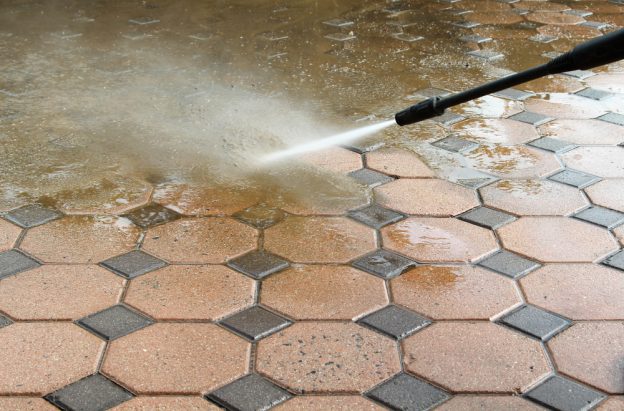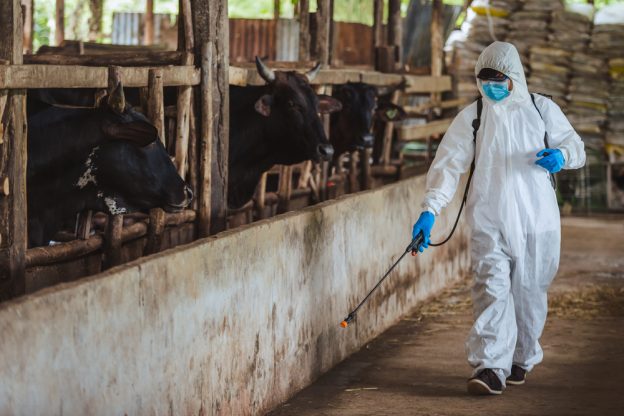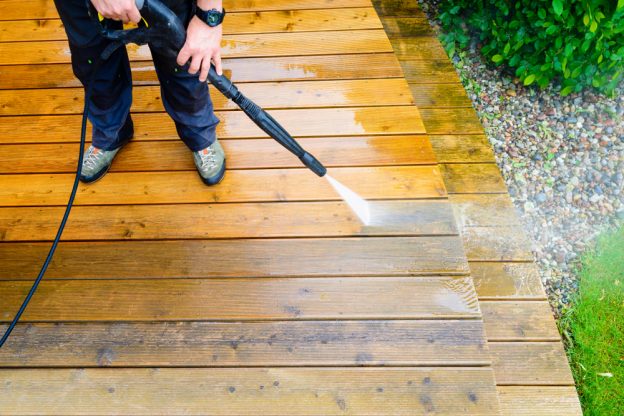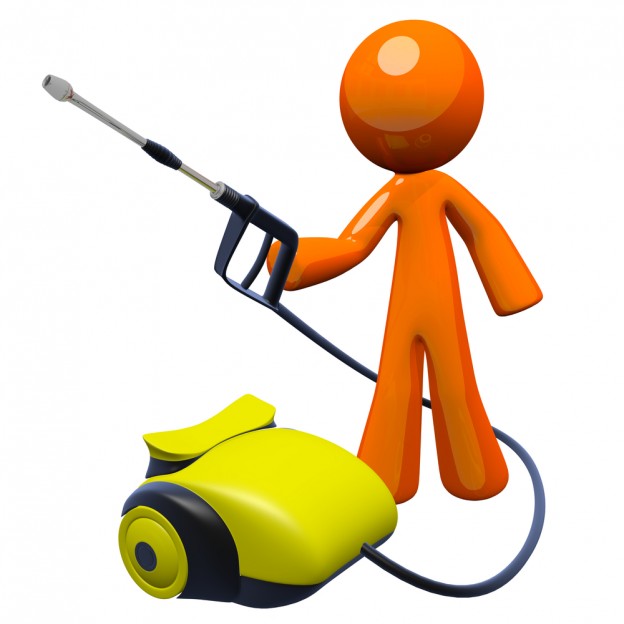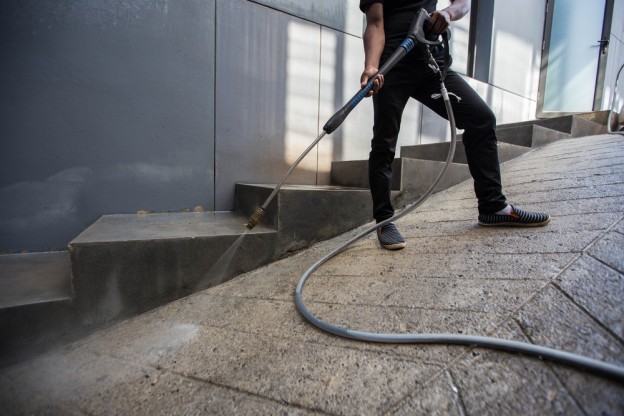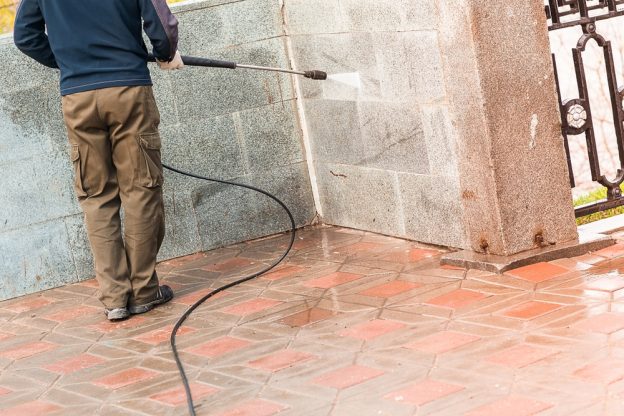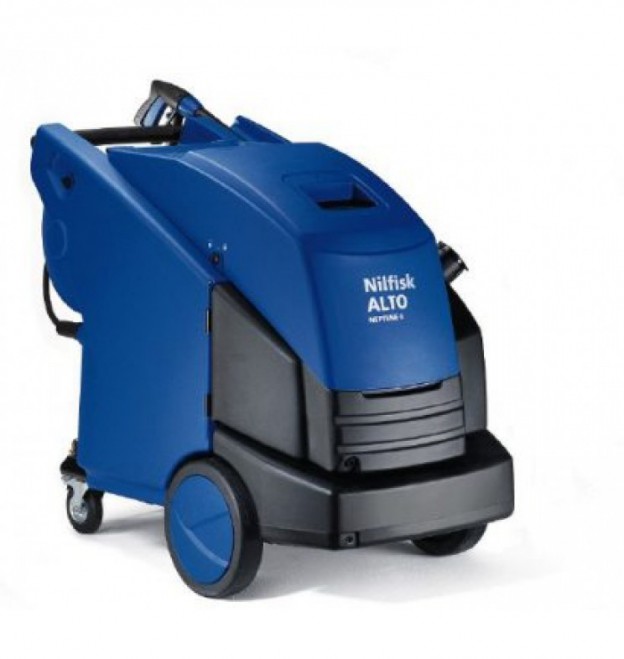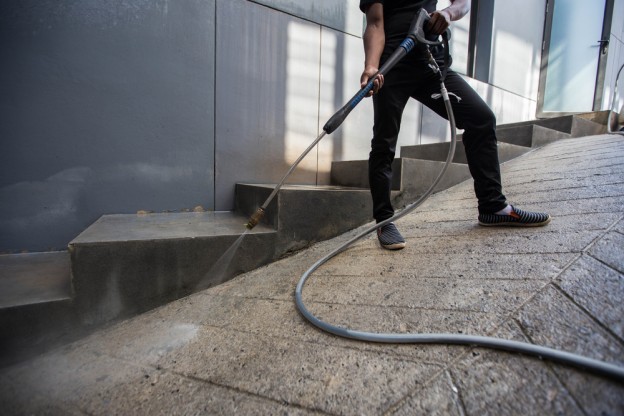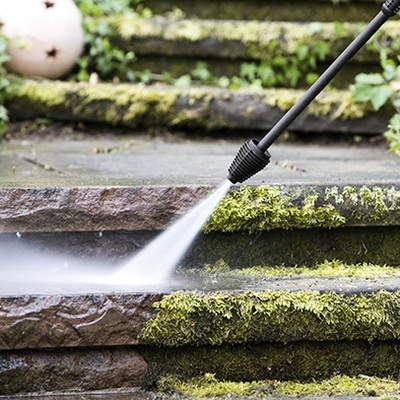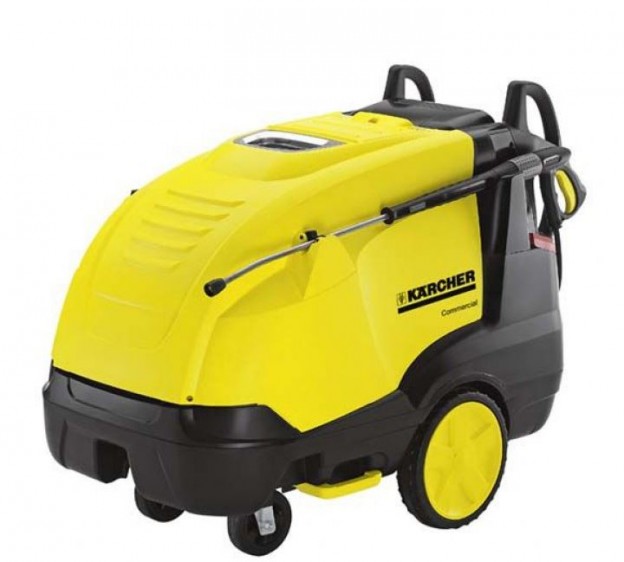Pressure washers from Britclean are the most effective way to deep clean a number of different surfaces. It is important to remember that not every surface should be pressure washed as it could damage the surface.
To help you avoid damaging your property, we have put together a list of surfaces that are safe to be cleaned with a pressure washer.
Four Areas You Can Pressure Wash
1. Decks and Patios – Over an amount of time it is quite common for algae, mould and mildew to build up on deck and patio surfaces. If your decking or patio is located in shady areas where sunlight exposure is limited, this can be quite a common problem. Using a pressure washer will remove this grime and other unsightly stains from the decking, whether it is wood, concrete, stone or made of pavers.
To achieve the best results, use a pressure washer in conjunction with a deck or patio cleaner.
2. Driveways and Sidewalks – Grease stains and oil spills will have a negative effect on your home’s curb appeal. Pressure washing removes these stains and restores the appearances of driveways and pathways. We would recommend using a narrow pencil nozzle for smaller stains whereas a larger rotary nozzle is better suited for larger surface areas. Britclean would recommend pressure washing your driveway before considering sealing your driveway or walkway in the future.
3. Roofing and Siding – Over a period of time asphalt shingle roofing can become damaged by algae and mould growth which can also damage your home’s curb appeal. By carefully power washing your roof will remove mould, mildew, algae and moss to prolong the life of your roof.
Pressure washers can also effective cleaning a number of siding materials, such as fibre cement, vinyl, wood and aluminium.
Power washing your home’s siding is recommended before painting, which can help add value to your property if you are looking to sell in the near future.
4. Concrete and Brick – If your property has brick or concrete exteriors or walkways they can be pressure washed. As these are stronger surfaces they can hold up to the most powerful settings of a pressure washer.
Safety Tips for Pressure Washing
Pressure washers put out a huge amount of water in a short space of time, so the operation of these machines is dangerous if you do not know what you are doing. You could injure yourself plus damage the surface by incorrectly using a pressure washer.
For example, special care is needed when power washing wooden decking as if your PSI is too high it could damage the wood. You will also need to make sure you use the correct nozzle and keep the pressure washer a suitable distance from the surface. Holding the nozzle at the right angle will also prevent damage and ensure you achieve the best level of cleanliness.
Pressure Washers for All Surfaces
Britclean is the professional pressure washing experts for Staffordshire and the surrounding counties. From decks and patios to walkways and siding, our pressure washers can handle it all. Our expert services can help boost your home’s curb appeal and make the most of your outdoor living spaces.
Find out more about our pressure washing services by getting in touch now.

